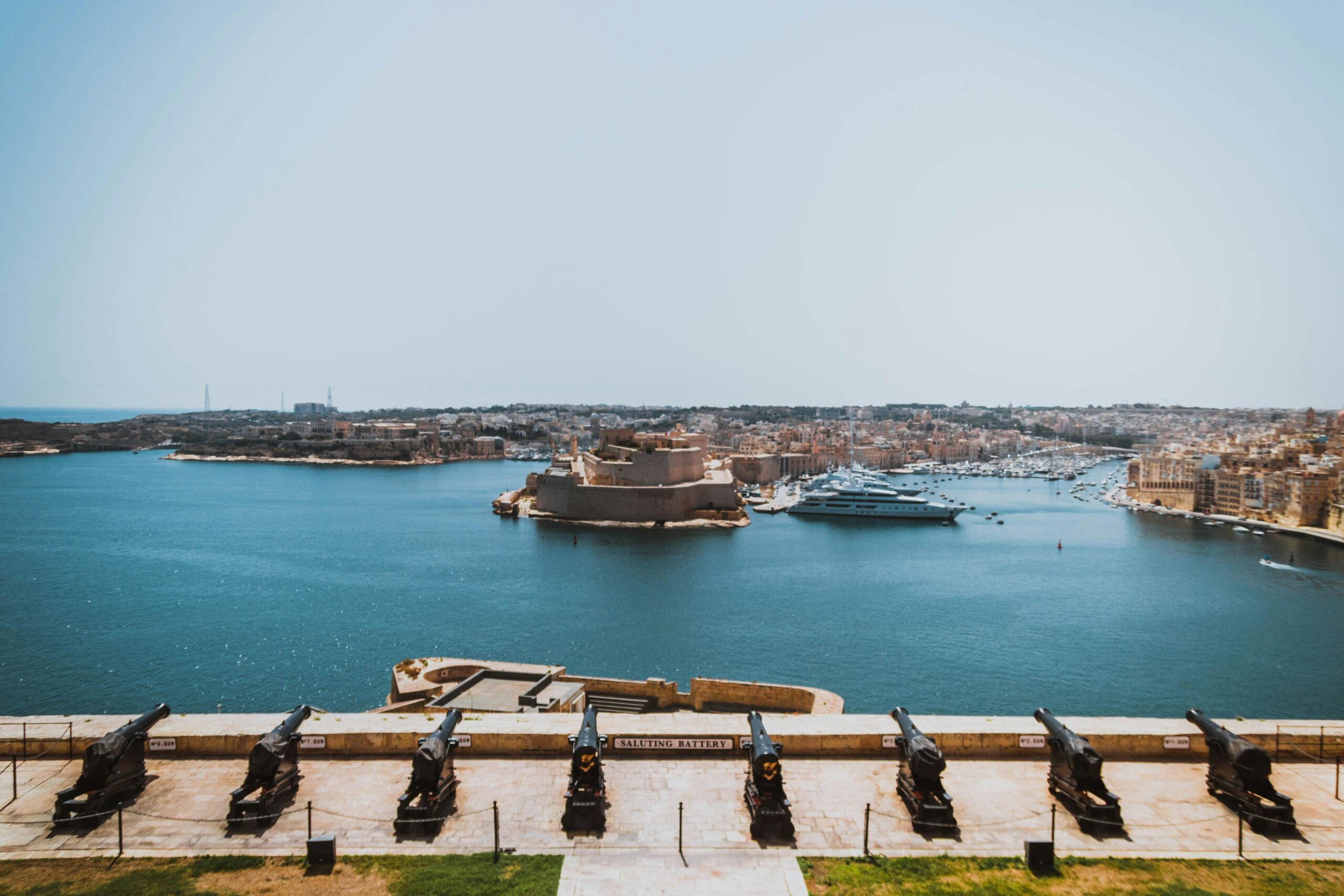The cost of living in Russia has erupted since its invasion of Ukraine and the subsequently imposed sanctions, according to a report by the Russian Federal State Statistics Service, translated by the BBC.
The figures show that the price of certain vital products, including sugar, have jumped by 14 per cent in the last week, with inflation also on a screeching upwards trend, climbing by 14.5 per cent in the week ending 18th March.
Sugar was the worst impacted product, according to the Government agency, increasing in cost by over 37 per cent in some areas, whereas the prices of onions increased by the second biggest price – 13.7 per cent nationwide and 40.4 per cent in some areas.
Since its invasion of Ukraine, Russia has been slapped with the strongest Western sanctions imposed on the country since the end of the Cold War.
Aside from the sanctions, a number of companies have suspended services in the country, further aggravating the situation.
However, the sanctions have not only hit Russia, and elsewhere in Europe pre-existing price rises are expected to continue on an upward trend, with shortages of certain products, including wheat and oil potentially on the cards.
In Malta, according to data released on Wednesday by the National Statistics Office (NSO), food and housing have seen the greatest annual increase in price, climbing by a staggering 8.02 per cent and 9.25 per cent respectively between February 2022 and February 2021.
In another move expected to hit Western European economies, Russian President Vladimir Putin has announced that the country will start selling its natural gas to “unfriendly” countries in roubles.
While it is making moves to wean itself off Russian oil, the EU is largely reliant on Russia for its gas imports, so the move is likely to have a damaging effect on Western countries.
However, as many contracts between EU countries and Russia have already been agreed in euros, it is unclear whether Mr Putin’s announcement can be implemented in practice.
Malta’s dramatic increase in cost of living: visualised
Price levels rising from 84 per cent to 93 per cent of the EU average
Malta’s contemporary Japanese restaurant Aki to launch in London this September
The London venue is a Grade II-listed former bank, a stone’s throw from Oxford Circus
Self-employed, employees and companies contribute €2.1 billion in 2023
Parliamentary data reveals five-year growth trends in fiscal contributions






